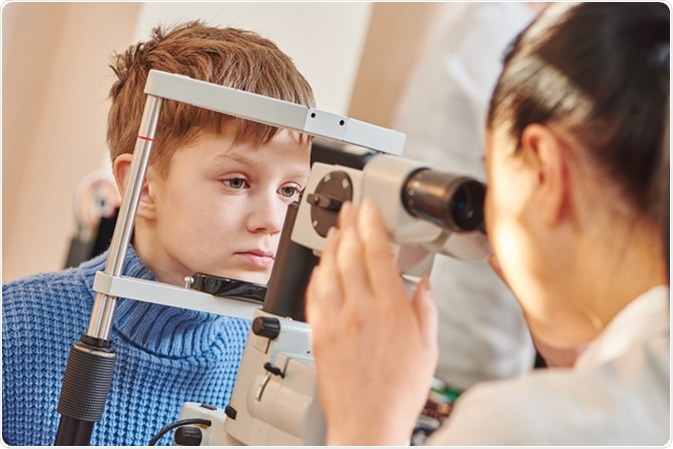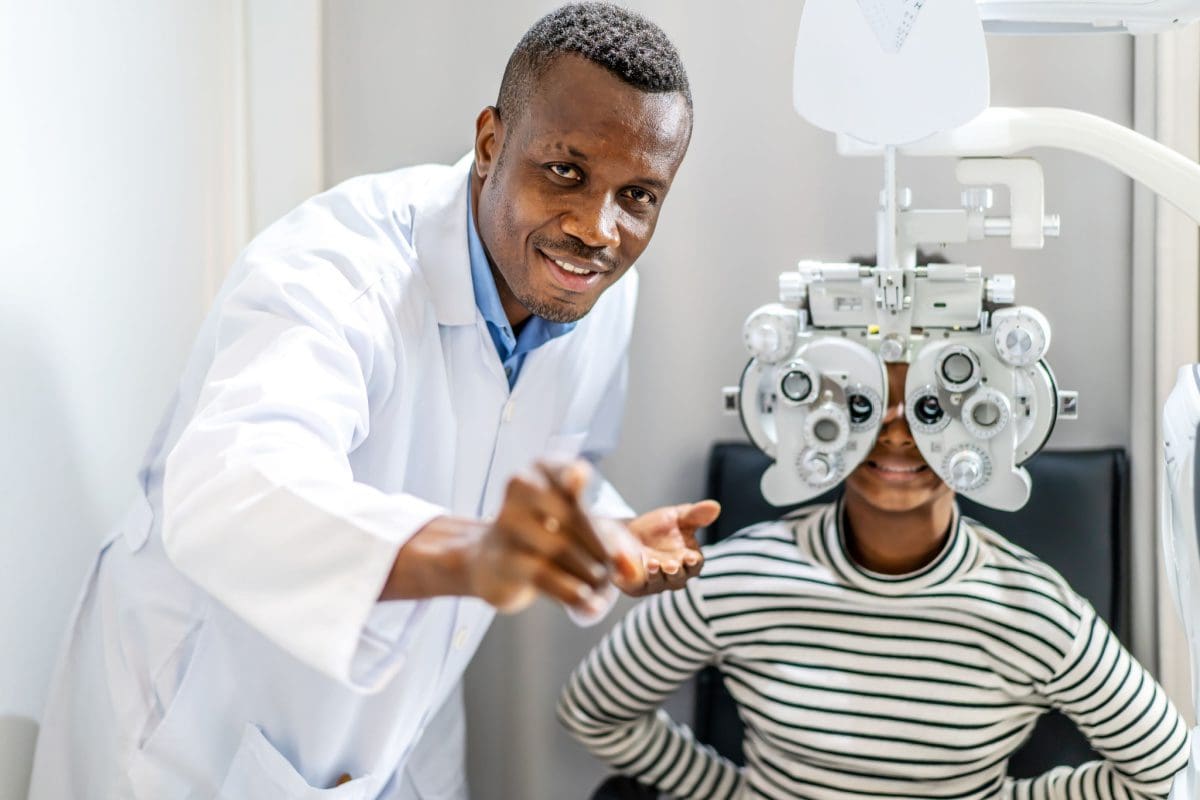Expert Neurologist Andalusia: Comprehensive Brain Health Providers
Expert Neurologist Andalusia: Comprehensive Brain Health Providers
Blog Article
Is Refractive Surgical Treatment Right for You? Variables to Consider for Better Eyecare
In the world of eye treatment, the decision to undergo refractive surgical treatment is a weighty one that demands thoughtful factor to consider. As people seek quality and freedom from the constraints of restorative lenses, countless factors come into play when figuring out the viability of such a treatment. From the intricacies of one's ocular health and wellness to the ins and outs of day-to-day habits and personal expectations, each element holds value in the more comprehensive landscape of refractive surgery candidacy. By evaluating these essential aspects with care and precision, a clearer path towards informed decision-making emerges.
Eye Health Evaluation
When taking into consideration refractive surgery, a comprehensive eye wellness analysis is critical to analyze the viability of the treatment for every individual. andalusia pediatrics. This assessment involves a collection of evaluations and examinations performed by an eye care professional to establish the general health of the eyes, the presence of any type of hidden conditions, and the stability of the refractive error
Throughout the examination, numerous elements are considered, such as the person's case history, current eye prescription, corneal density, pupil dimension, and tear film top quality. These assessments aid to identify any kind of contraindications to refractive surgery, such as corneal problems, cataracts, or neglected eye infections. In addition, the assessment aids to handle person expectations relating to the potential results of the surgery based on their one-of-a-kind eye qualities.
Ultimately, the eye health examination is essential in guaranteeing the safety and security and performance of refractive surgery, as it offers important understandings right into the person's eye wellness standing and aids establish one of the most ideal therapy alternatives for achieving optimal visual outcomes. (andalusia pediatrics)
Lifestyle Analysis
A detailed lifestyle evaluation is integral in identifying the viability of refractive surgical treatment for an individual's visual correction needs. Way of living variables such as line of work, pastimes, and daily tasks play an important role in the decision-making process relating to refractive surgery.
In addition, lifestyle behaviors such as sports involvement, outdoor activities, or even skin care routines can influence the recovery procedure and overall success of refractive surgical treatment. For instance, people who take part in call sporting activities may need to take additional safety measures to shield their eyes during the recovery period. In addition, individuals with extensive sun exposure may need extra post-operative treatment to protect against difficulties. By conducting an extensive lifestyle evaluation, eye care experts can customize their referrals and therapy strategies to fulfill the one-of-a-kind demands of each person, inevitably bring about boosted aesthetic end results and contentment.
Expectation Placement

People need to understand that while numerous people achieve 20/20 vision or far better complying with refractive surgery, some may still require glasses for specific tasks like reading or driving at evening. Managing these assumptions aids avoid disappointment and frustration post-surgery, leading to a much more positive general experience for the patient.
Risk Evaluation

Aspects that may boost the threat of problems consist of age, certain clinical problems like autoimmune diseases, unsteady vision prescription, slim corneas, and unrealistic individual assumptions. Additionally, selecting a knowledgeable and skilled specialist, adhering cardiologist andalusia to pre and post-operative care directions faithfully, and disclosing any appropriate case history can help reduce dangers.
To lessen the chance of complications, ophthalmologists carry out detailed pre-operative evaluations to determine any type of contraindications to surgical procedure. They also talk about the possible threats and advantages with individuals during the assessment process. By participating in open communication and shared decision-making, both the eye doctor and the individual can interact to figure out if refractive surgical procedure is the appropriate selection based upon specific threat accounts and desired end results.
Consultation Importance
Considering the crucial role of notified decision-making in evaluating risks and potential complications in refractive surgical procedure, the consultation procedure holds substantial relevance in assisting individuals towards optimal outcomes. Throughout the appointment, the eye doctor assesses the client's eye health, refractive errors, and total viability for surgical treatment. This initial assessment is crucial in establishing one of the most suitable treatment for each and every individual, taking right into account variables such as corneal thickness, student dimension, and existing eye conditions.
Moreover, the consultation acts as a possibility for clients to review their assumptions, concerns, and any kind of questions they might have concerning the surgical procedure. Clear communication in between the specialist and the patient is important to make sure realistic assumptions and a comprehensive understanding of the possible risks and advantages entailed.
Furthermore, the appointment allows the specialist to explain the different medical options offered, their corresponding outcomes, and the post-operative care called for. This comprehensive discussion encourages patients to make knowledgeable choices concerning their eye care, resulting in far better satisfaction and results post-surgery.
Final Thought
To conclude, individuals thinking about refractive surgical treatment needs to go through a thorough eye health assessment, examine their way of life behaviors, straighten their assumptions with potential outcomes, evaluate the involved dangers, and focus on appointments with eye treatment specialists. find this These variables play an essential function in identifying the suitability of refractive surgical treatment for every individual, making sure ideal results and fulfillment with the procedure.
Individuals thinking about refractive surgical treatment typically have high expectations concerning the outcomes, expecting excellent vision without the demand for glasses or get in touch with lenses. While refractive surgery can greatly improve vision and lower dependence on visual aids, it is crucial for people to recognize that results may differ based on private elements such as the degree of refractive mistake, corneal density, and overall eye health.
By involving in open communication and shared decision-making, both the eye doctor and the client can function with each other to identify if refractive surgery is the appropriate option based on individual threat profiles and wanted results.
Thinking about the crucial duty of notified decision-making in assessing threats and prospective difficulties in refractive surgical treatment, the consultation procedure holds significant relevance in directing people towards optimum results. During the appointment, the ophthalmologist evaluates the patient's eye wellness, refractive errors, and overall suitability for surgery.
Report this page